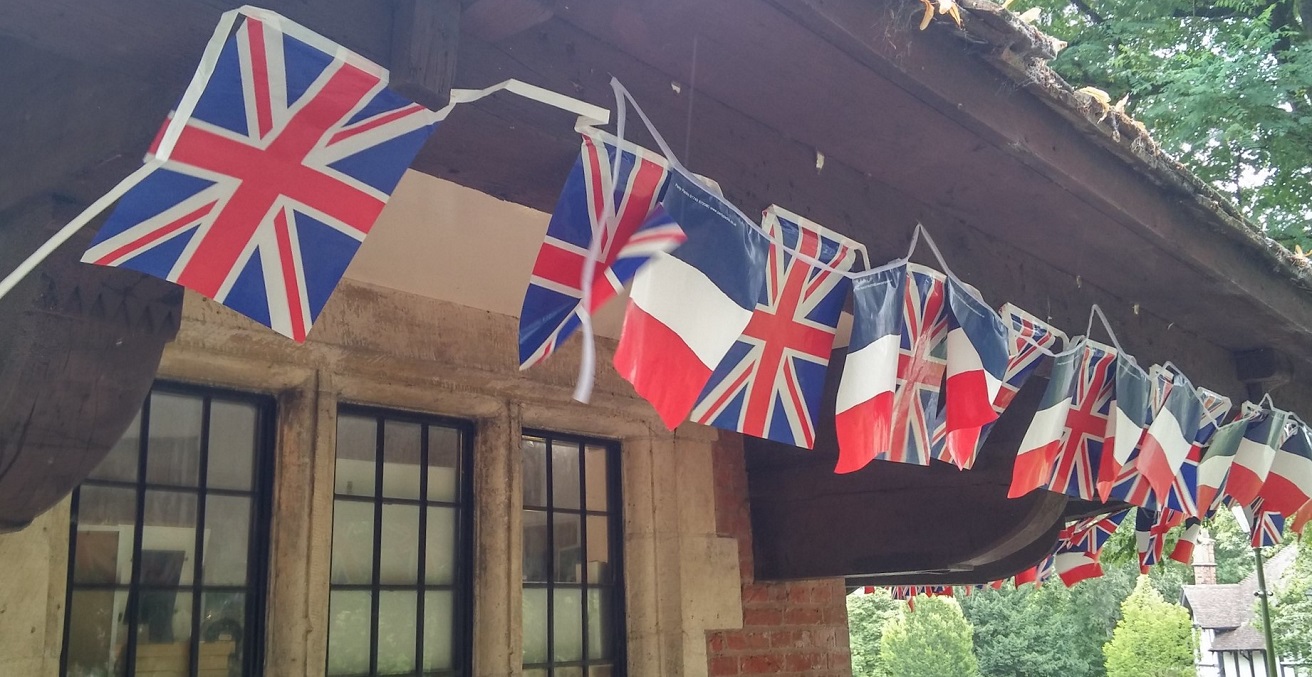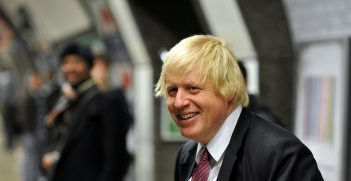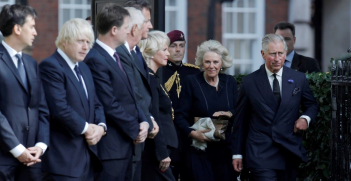The UK Cannot Afford for Brexit to Strain Its Special Relationship With France

Britain and France cooperate significantly in the domains of defence and diplomacy. As such, Whitehall must ensure that through Brexit, Britain’s strong relationship with France is preserved.
In the midst of hundreds of Brexit supporters gathering in Parliament Square on January 31 to celebrate the historic moment of Britain leaving the European Union, many overlooked President Emmanuel Macron’s touching note to the British people conveying regret and, at the same time, willingness to forge relations with Britain outside the EU.
Indeed, whilst relations between Britain and France have often been tumultuous throughout history, it should not go unnoticed how diplomatic cooperation has significantly improved since the signing of the Entente Cordiale, an agreement designed to resolve colonial disputes between the two countries and establish diplomatic understanding between both powers.
Since this moment in history, Britain and France have stood together through the gravest conflicts of the last century. British and French military cooperation have been pivotal in fighting for Europe’s freedom during the past two world wars. The countries’ ties are deeply symbolised through The Commonwealth War Graves cemeteries in France, which record the sacrifice of around 700,000 British and Commonwealth servicemen over the two world wars. During the series of wars in the Balkans in the 1990s, French and British military forces worked side by side in military operations to restore peace to a region just two hours from Brussels.
In recent years, British and French military cooperation has been important in defending NATO member states in Europe’s east and countering the terrorist threat to Europe’s south. British and French armed forces operate alongside each other in Estonia to deter Russian aggression and have worked seamlessly together on Operation Inherent Resolve in the Middle East. In the Sahel, Britain has provided France with a much needed Chinook heavy transport helicopter – reflecting the close cooperation and shared experience in overseas deployment between the two nations.
On the industrial side, collaboration has been noteworthy in the missile sector, in which Britain and France have developed joint programmes, notably the Meteor air-to-air missile programme. Industrial collaboration was further strengthened with the signing of an agreement between both defence ministers in 2017 to develop future long range weapons for the British and French Navies and Air Forces to improve existing weapons systems.
On the diplomatic side, France and Britain have collaborated significantly to ease tensions in Europe’s southern neighbourhood. This has also been seen through the joint efforts of Britain and France, as along with Germany, to change Iran’s behaviour over its nuclear proliferation since 2003. The so-called “E3” have played a leading role and have invested considerable political energy and economic resources to resolve the conflict over Iran’s nuclear programme and reach a multilateral agreement.
In response to President Donald Trump withdrawing the United States from the Joint Comprehensive Plan of Action and the reimposition of American secondary sanctions on Iran, which has battered the Iranian economy, Europe’s three leading powers have collaborated in the creation of a special purpose vehicle to facilitate legitimate trade between European companies and Iran. Amidst the coronavirus pandemic, the E3 on March 31, through the INSTEX mechanism, successfully concluded their first transaction to facilitate the export of medical goods from Europe to Iran, which has showed the importance of European collaborative efforts to save the Iran nuclear agreement.
Yet with Britain now departed from the EU, the island nation finds itself at crossroads. As Trump drifts further from Whitehall’s foreign policy interests and values – from climate change to engagement with Iran – Britain faces a delicate choice in determining whether to forge deeper ties with the US and its Commonwealth partners or re-establish closer cooperation with its European neighbours, now from a more distant position.
Trump bears no sentimental attachment to Britain, and for this reason, will not negotiate a trade deal with Whitehall that leads to an unbalanced relationship. The Trump administration will relentlessly pursue anything that blocks American companies from doing business in Britain and will demand Whitehall sacrifice its climate engagements, notably its endeavour to decarbonise by 2050. Acquiescing to Trump’s requests will inevitably distance Britain’s environmental alignment with France, which has in 2019 has introduced net-zero carbon emissions legislation.
The Trump administration has also made it clear that access to the US market and shelter under a US security guarantee will require Britain to explicitly align its foreign policy in support of the current administration. Already in January, the leader of the White House has called on Whitehall to abandon the 2015 Iran nuclear agreement and join the maximum pressure campaign. All in all, a free trade deal under a Trump administration will clearly have an impact on Britain’s interests and values, which will therefore have an impact on the Entente Cordiale.
Whitehall is also counting on forging deeper ties with its Commonwealth allies. In nominal GDP terms, the six largest non-UK Commonwealth economies (India, Canada, Australia, Nigeria, South Africa, and Malaysia) make up less than France and Germany combined. The fact that British trade to Europe accounts for 49 percent of British exports, in which a significant number of foreign-owned factories serve the single market from Britain, underlines the importance for Britain to maintain its economic alignment with its European partners. The premise of Britain forging a web of trading relationships across the world must also consider that the coronavirus pandemic will plunge world trade between 13 percent and 32 percent this year. This inevitably constrains Britain’s ability to engage fully in export-led growth.
With COVID-19 plunging the British economy, Boris Johnson can ill afford to consider negotiating a future trading relationship with the EU that strains Britain’s future economic ties with its European allies. Yet the prime minister is seeking a post-Brexit trade deal with the EU, like the one Canada signed in 2016, in which Britain intends not to align with Brussels regulations. This “Canada-style” trade deal has been subsequently rejected by Michel Barnier, leading Whitehall to consider leaving negotiations by the end of June. Leaving negotiations could lead future trade between Britain and the EU done on world trade terms, where high tariffs and burdensome custom checks will be placed on both sides.
This would be detrimental to the future of collaboration between British and French defence manufacturing companies. Frictionless trade has always been paramount in the development of business partnerships in Europe, so barriers to trade will inevitably increase the cost of pursuing future collaboration. Already Dassault Aviation has snubbed BAE systems, by setting a deal with rival Airbus to produce Europe’s next generation of fighter aircraft.
Continued alignment with Brussels is therefore necessary to avoid the application of nontariff barriers to trade in goods and services, which will enhance the incentive of French defence manufacturing firms to continue to pursue joint defence projects with their British counterparts into the future.
Kareem Salem is a freelance journalist and holds a Masters in International Relations from the University of New South Wales, Sydney, Australia.
This article is published under a Creative Commons Licence, and may be republished with attribution.





